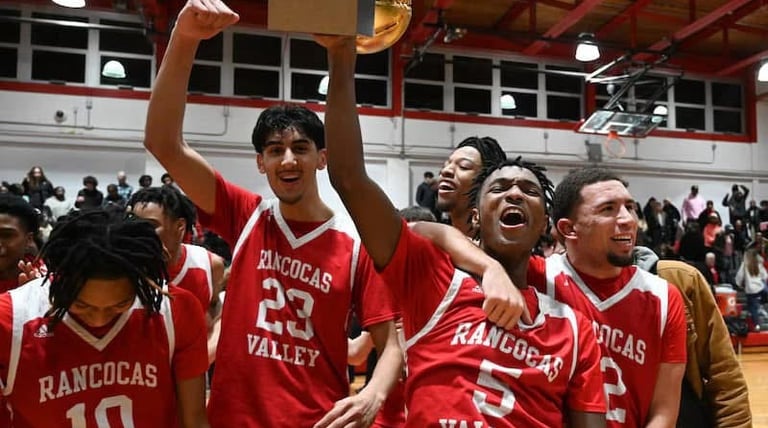🏆 Montre Won the County Championship the Same Day Kavon & Sylas Got Sentenced
Antoine Nelson
4/30/20252 min read


I got the call that Kavon and Sylas had just been sentenced. Kavon was sentenced to 110 years and Sylas was sentenced to 80. The same day Montre raised the trophy after winning the county championship. That’s what mentorship really looks like—joy and heartbreak in the same breath. On any given day, the youth I serve are experiencing incredible highs and devastating lows. It's not always a highlight reel like what you see on Instagram.
Montre had been grinding all season. He showed up to practice, handled his schoolwork, and pushed himself to grow, not just on the court and field, but as a young man. That win wasn’t just about basketball, it was about resilience. About believing in something bigger. I was proud of him. Still am.
But while the gym was filled with cheers and celebration, earlier that day a courtroom a few minutes away was silent. Kavon and Sylas two other young men I’ve spent time with, talked to, stood before a judge and had their futures changed with a sentence. And that’s the reality I live in every day.
Mentorship isn’t just success stories and feel-good moments. It’s real. It’s messy. It’s heartbreaking. Some of the youth I work with wake up in survival mode. They’re not thinking about college applications or job interviews—they’re thinking about what they’re going to eat and how to stay alive. They carry weapons not out of pride, but out of fear. Many of them are at war, even if there’s no declaration. Just check the "RIP" and "Long Live ___" tags in their bios—that’s who they’re fighting for, and sometimes who they’re trying not to become.
Being from the streets myself, I understand their mindset. I recognize the defense mechanisms, the distrust, the hunger—both physical and emotional. I see the trauma behind their silence. And that’s why I don’t give up on them.
Mentorship is more than showing up for graduations and games. It’s about building relationships based on trust and consistency. It’s about teaching self-awareness and self-management. It’s about helping them unlearn lies they were taught—like that showing emotion is weakness, or that violence is the only way to be respected.
Sometimes, I have to be the only voice reminding them that they are more than what’s happened to them, more than the corner they stand on, more than the pain they carry. Even when they mess up. Even after the judge gives the time. I stay connected. I write letters. I take calls. I hold space for both the victories and the setbacks.
So no, mentorship isn’t glamorous. It’s not filtered or staged. But it’s real. And I’m in it for the long haul. After the championships and after the sentencing, I’m still here. Because every young person deserves someone who won’t give up on them—even when the world already has.
And for Montre, Kavon, Sylas, and the many others walking this tightrope between promise and pain—I’m not going anywhere.




